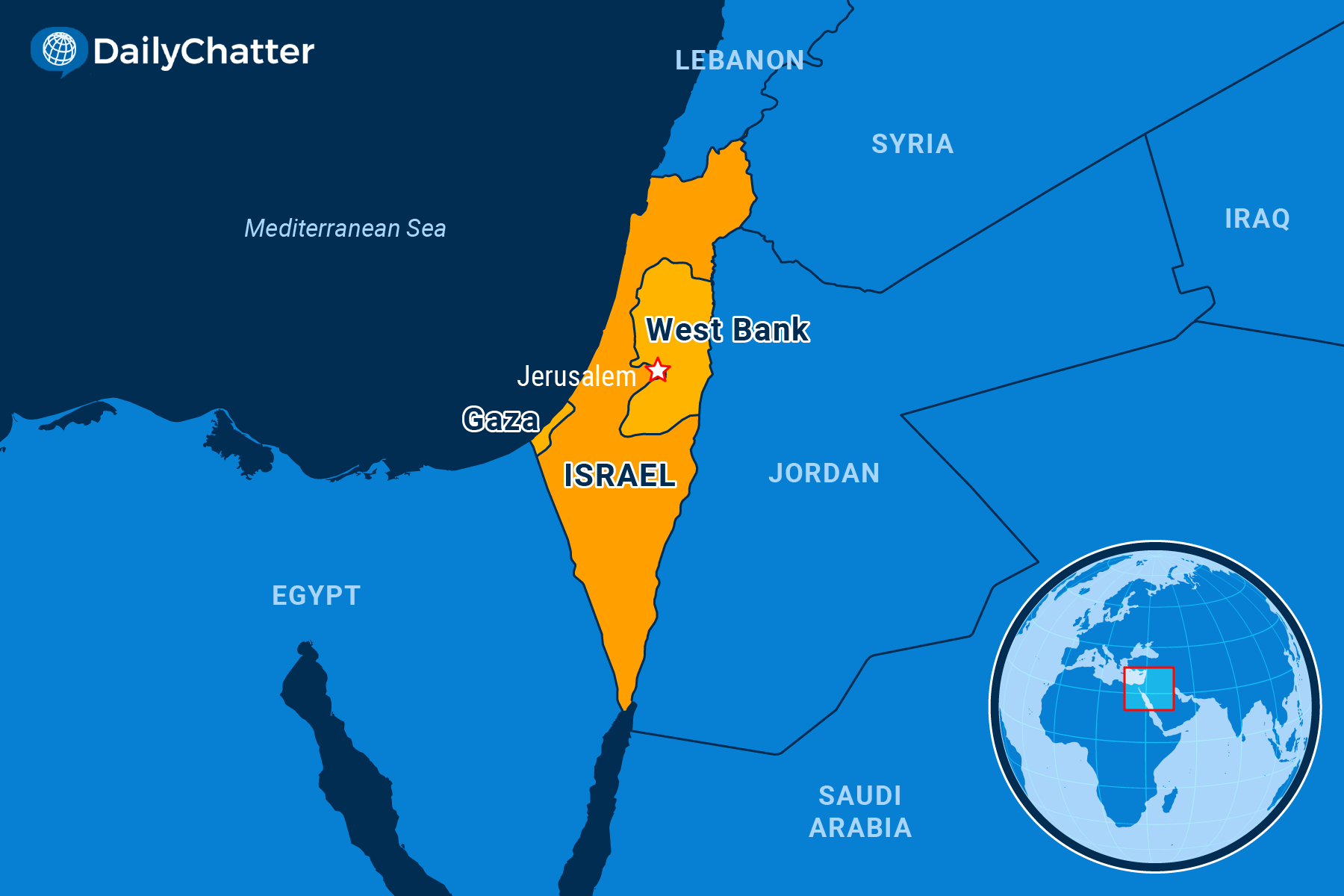Forcing Ground

Israel on Monday issued orders for the evacuation of 100,000 Palestinians in Rafah, a sign that it is moving forward on its plan for a ground invasion of the Gazan city despite criticism by Western allies and a Hamas agreement to a ceasefire deal, the Associated Press reported.
An Israeli Defense Forces official said Tuesday morning that Israel has established “operational control” of the Gazan side of the Rafah crossing with Egypt, even as half of Gaza’s 2.3 million population is sheltering in Rafah, after leaving their homes across the enclave because of the war. As a result, most of Israel’s allies, including the United States, oppose a ground invasion into Rafah over concerns of a humanitarian catastrophe.
Still, Israel counters that it has designated a makeshift camp along the coast a “safe” zone, wrote the newswire. Lt. Col. Nadav Shoshani, a spokesman for the Israeli Defense Forces (IDF), said the tens of thousands of Palestinians were moved to a humanitarian zone called Muwasi in advance of a “limited scope” operation.
Hamas – which led an attack on Israel on Oct. 7 that killed 1,200 people and unleashed the war – and other key negotiators for a cease-fire, including Qatar, have warned that the invasion would add another obstacle to peace negotiations.
The United Nations agency for Palestinian refugees has refused to follow the IDF’s evacuation orders. Aid organizations, meanwhile, dispute that the camp is a safe zone.
Meanwhile, Hamas on Monday agreed to a Qatari-Egyptian ceasefire proposal that Israel had already agreed to, the Washington Post reported.
In the first of three phases, militants would release 33 women, children and elderly hostages, with three released every three days in exchange for dozens of Palestinian prisoners, the official said. On the 34th day, Hamas would give Israel a list of all remaining hostages.
At the same time, Palestinians would be allowed to return to their homes, Israeli troops would withdraw from the most populated areas inside Gaza and there would be a surge in humanitarian aid. All military aviation would cease for eight hours a day, and 10 hours on hostage-release days.
Still, it’s the second and third phases that are in dispute between the two sides.

Subscribe today and GlobalPost will be in your inbox the next weekday morning
Join us today and pay only $32.95 for an annual subscription, or less than $3 a month for our unique insights into crucial developments on the world stage. It’s by far the best investment you can make to expand your knowledge of the world.
And you get a free two-week trial with no obligation to continue.
